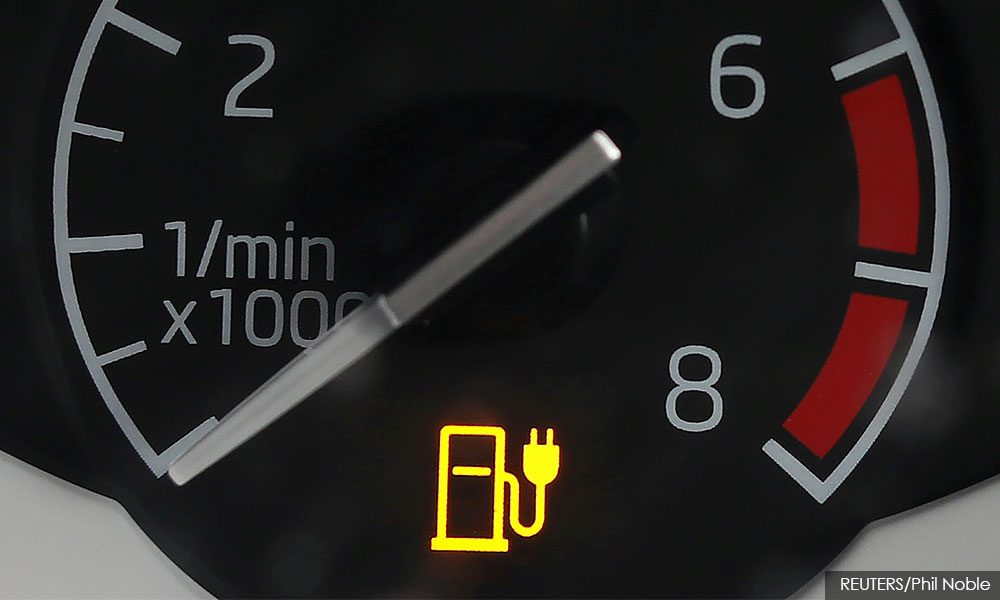Environmentalist group RimbaWatch has called out carmakers for promoting their electric vehicles (EV) in the country as “zero-emissions” when over 90 percent of Peninsular Malaysia’s energy is derived from fossil fuels.
As of 2021, RimbaWatch said Tenaga Nasional Bhd’s (TNB) energy mix is made up of 59.2 percent coal and 34.34 percent gas - with the remainder 6.46 percent coming from other sources such as renewables.
Therefore, it expressed concerns that car manufacturers could “mislead consumers into believing they have achieved net-zero personal mobility” if they do not include local emissions factors in the calculations of an EV’s emissions.
This, it said, includes the emissions released in the process of powering EV charging stations.
“RimbaWatch demands manufacturers to disclose the emissions per kilometre of their EV products based on the emission factor of Peninsular Malaysia’s electricity grid at the given time.
“Manufacturers should also report the embodied emissions associated with the manufacture of each vehicle model, for both electric and petrol-powered products,” it said in a statement today.
Revise EV’s road tax structure
It then urged the Transport Ministry to revise the road tax structure for EVs to one that is based on the vehicle’s energy consumption.
This, the NGO added, should be expanded to an overall tax structure for cars which taxes petrol and diesel vehicles by their carbon dioxide emissions per km.

“This would encourage more efficient EVs and incentivise off-grid charging solutions as below, while also encouraging lower-emissions petrol vehicle ownership.
“Funds from these taxes should be channelled specifically to increase public transport frequency and coverage.”
In addition, RimbaWatch stressed that the expansion of EV charging stations in the country should not be “emissions-blind”.
“The priority should be to ensure that EV chargers utilise energy from low-emissions sources, such as the adoption of off-grid solar stations specifically to supply EV chargers.
“These charging stations could then earn a low-emissions certification, thereby incentivising renewable infrastructure while contributing to actual decarbonisation of the personal mobility sector.
"The national targets for the number of EV charging stations should accompany targets for reducing the emissions factors of EV chargers," RimbaWatch said. - Mkini




No comments:
Post a Comment
Note: Only a member of this blog may post a comment.